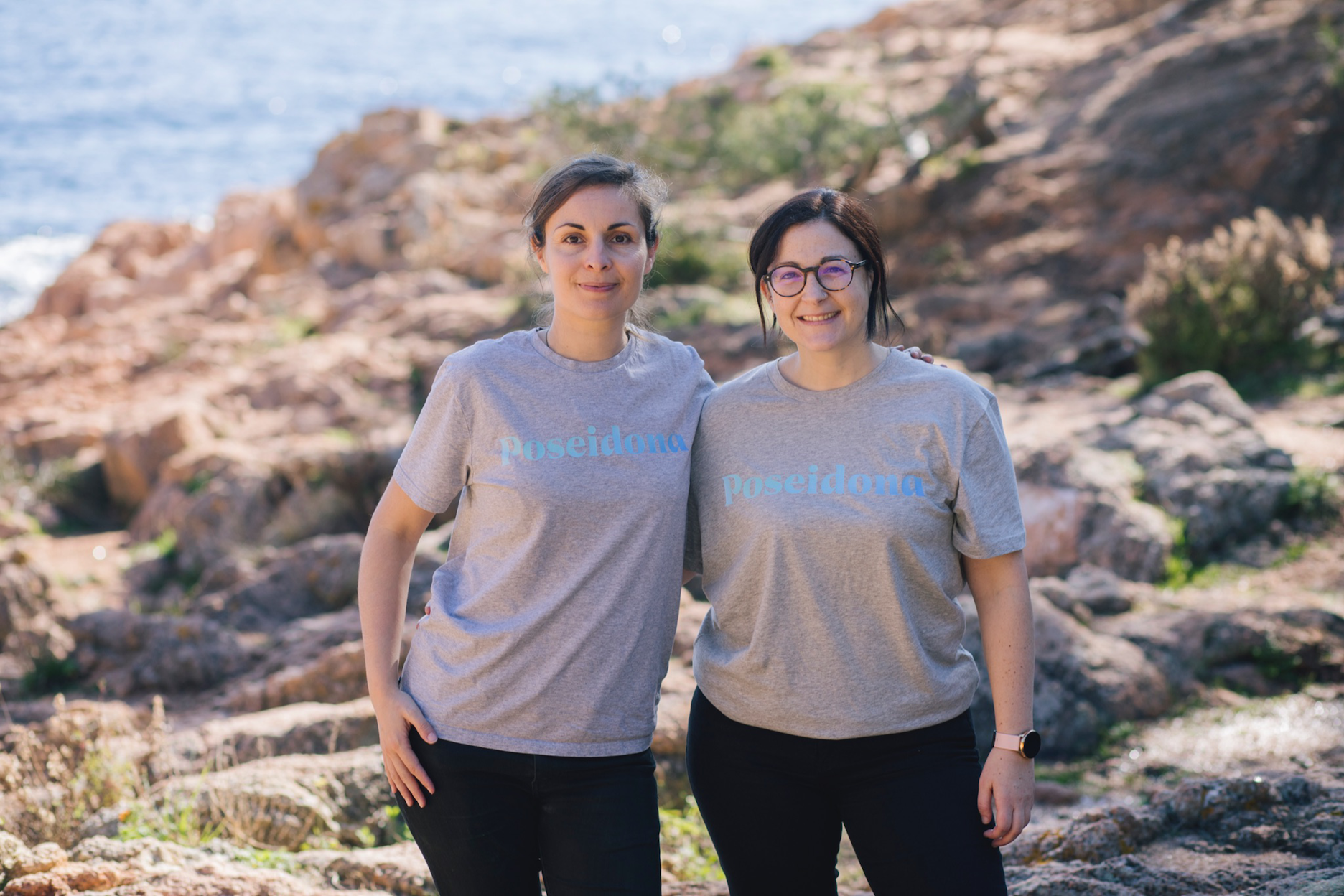Poseidona converts invasive algae into food, combating ocean pollution

Invasive algae is a global issue, threatening marine ecosystems by suffocating coral reefs and impacting marine life. Inspired by the abundance of invasive seaweed in the Mediterranean, Sònia Hurtado and María Cermeño founded Poseidona in Spain. Their goal is to remove invasive seaweed, specifically Rugulopteryx okamurae, and turn it into sustainable protein ingredients for food production, such as soy protein alternatives.
Umaro is turning ocean-farmed seaweed into imitation bacon
Poseidona utilizes enzymatic hydrolysis and innovative technologies to extract high-quality proteins from seaweed and algal side-streams. The company's focus is on ensuring nutritional value, functionality, and taste of the protein product. With a background in food biochemistry, Cermeño and Hurtado are experienced in sustainable food solutions. By repurposing side-streams for food production, Poseidona joins efforts with other companies like Pacifico Biolabs in seeking alternative protein sources to combat food waste and environmental impact.

Poseidona's soy alternative protein concentrate, currently in development, showcases a unique umami flavor and natural reddish color. The company aims to launch the product by the end of 2024 with support from a €1.1 million pre-seed funding round. As part of their sustainable mission, Poseidona plans to engage fishermen in collecting invasive seaweed for additional revenue streams, while exploring the use of other seaweed species like Sargassum from the Pacific Ocean.
Pacifico Biolabs emerges from stealth with fermentation process for alternative seafood
Through innovative research and partnership with investors and regulators, Poseidona aims to create affordable and competitive plant-based proteins that align with the sustainability goals of the blue economy. Their vision is to establish cost parity with mainstream plant-based proteins like soy and pea protein, ultimately contributing to ocean conservation and a more sustainable food industry.
Startup says the seaweed blobbing toward Florida has a silver lining